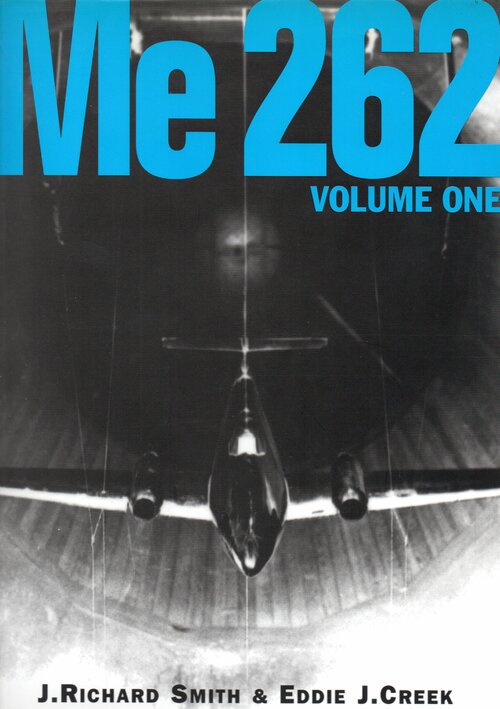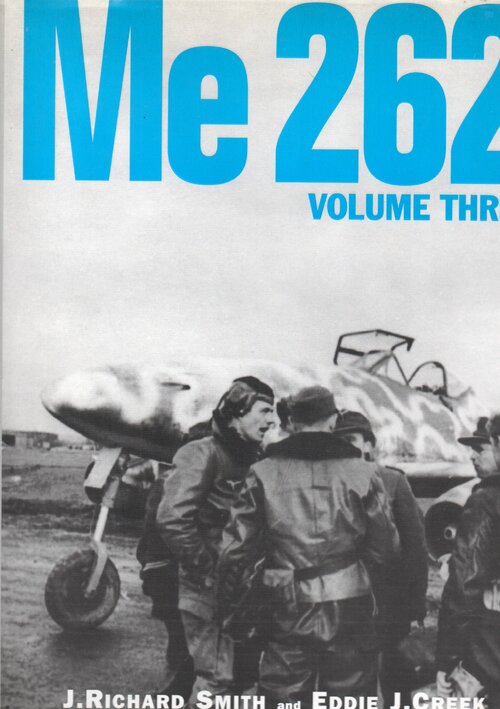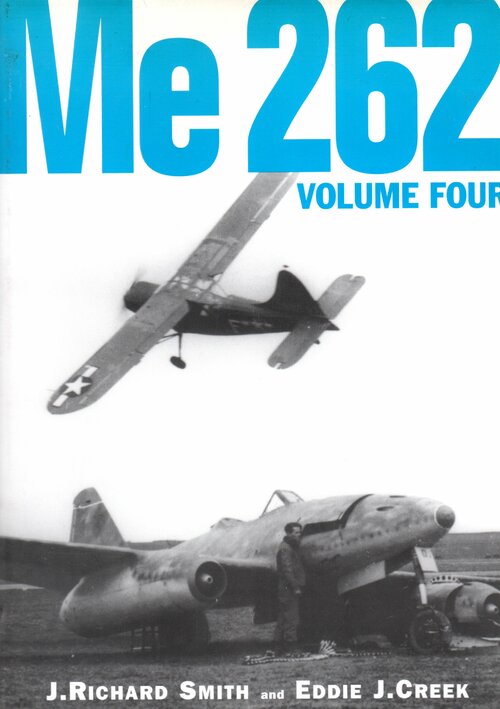Pasoleati
I really should change my personal text
- Joined
- 29 June 2012
- Messages
- 511
- Reaction score
- 178
This might be a suicide here but I do wonder why the extreme fetishist interest in books on projects and prototypes of insignificance while there are tremendous gaps in English-language literature of major significant aircraft? For example, there are no really good books with latest research on the e.g. Bf 109, Ju 87, He 111, any Italian and French WW2 aircraft or on any Japanese WW2 aircraft. There are no true bibles (the closest aircraft monograph bible is Spitfire the History) on F4U, SBD, F6F, F4F, SB2C, P-40 to name a few.
The question is that shouldn't the energies and resources of authors be first dedicated to produce a truly complete book on the Bf 109 rather than Bachem Natter? It is akin to a situation where a biography of Hitler or Stalin is far less detailed than a biography of an unknown NSDAP clerk or a party secretary typist in some obscure Siberian village.
The question is that shouldn't the energies and resources of authors be first dedicated to produce a truly complete book on the Bf 109 rather than Bachem Natter? It is akin to a situation where a biography of Hitler or Stalin is far less detailed than a biography of an unknown NSDAP clerk or a party secretary typist in some obscure Siberian village.




